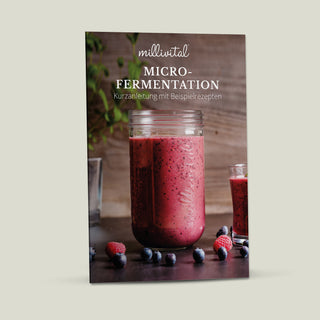
Intestine & digestion
The intestine, the power center of your body.
always in action
Our products for a happy intestine
The intestine plays a central key role for a vital body. It is not only important what comes into your intestine, but also how the trillions of bacteria are doing. Because today we know that their influence goes well beyond the intestine and that they also influence almost each of your organs.
Your Psyche, your heart and your immune system depend on a good function of the intestine. Good diet should therefore not only contain an abundance of important micronutrients, but also be good food for your microbioma. It is just as important to minimize the harmful influencing factors.
It is estimated that 70 to 80 percent of the immune system in the human intestine are localized. The intestine houses a variety of immune cells and a complex community of microorganisms known as intestinal microbiota. The interaction between the immune system of the intestine and the intestinal microbiota is crucial for maintaining a healthy immune system.
To support your intestinal function as best as possible, we have
unique products developed.

Your potential is in the intestine
Your psyche, heart and immune system depend on a good function of the intestine.
The building blocks of your intestine and how you can support them
Recognize and counteract imbalance in the intestine
Dysbiosis is a state in which there is an unhealthy or disturbed composition of the bacteria and other microorganisms in the intestine. Dysbiosis can occur if the balance between "good" and "bad" bacteria is disturbed, which can lead to an overgrowth of harmful bacteria.
Dysbiosis can have different causes, such as an unhealthy diet, antibiotic therapy, stress, lack of sleep, toxin stress and diseases such as diabetes and inflammatory bowel diseases. Dysbiosis can lead to a variety of symptoms, such as digestive disorders, fatigue, weight gain, allergic reactions and even psychological problems.
To the balance between "good" and "bad" bacteria
Returning again, it helps to identify and tackle the underlying causes, for example by optimizing the diet, reducing stress, avoiding toxins and, if necessary, to integrate probiotic or prebiotic nutritional supplements into the diet.
Information on the information is not healing or self -medication. To clarify intestinal complaints, a holistic doctor contacted alternative practitioners trained in the intestinal diagnosis. Reserved for any printing and sentence errors.










